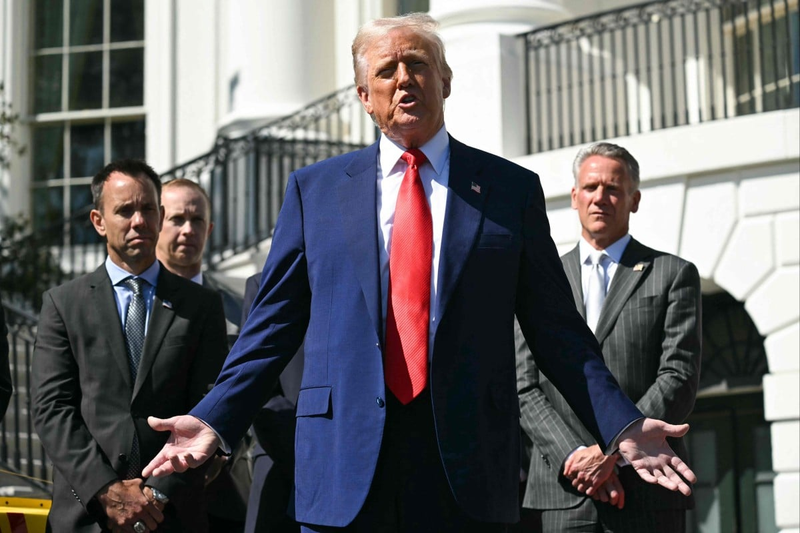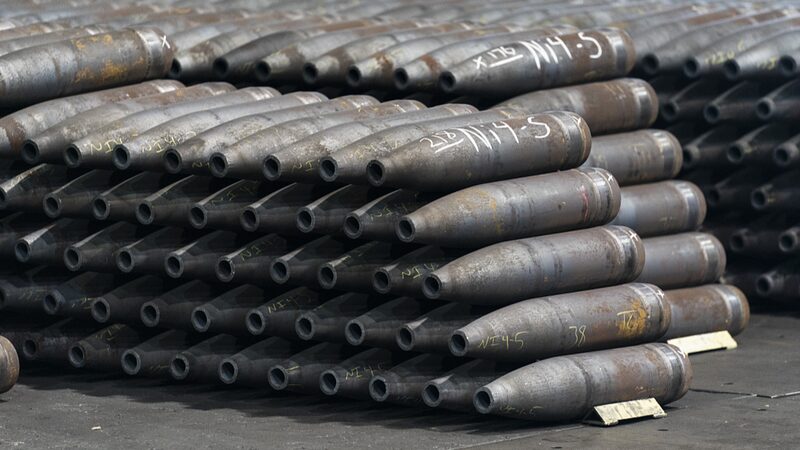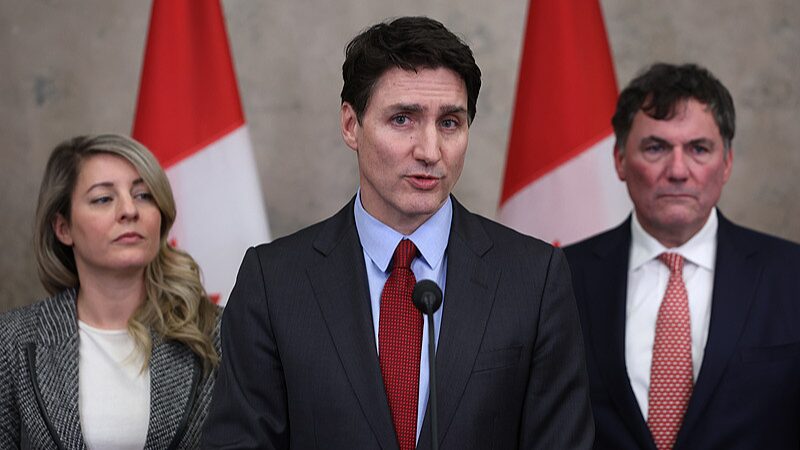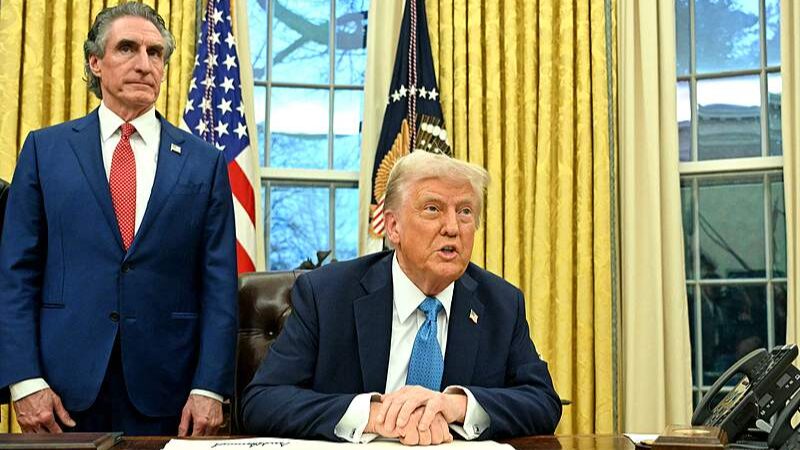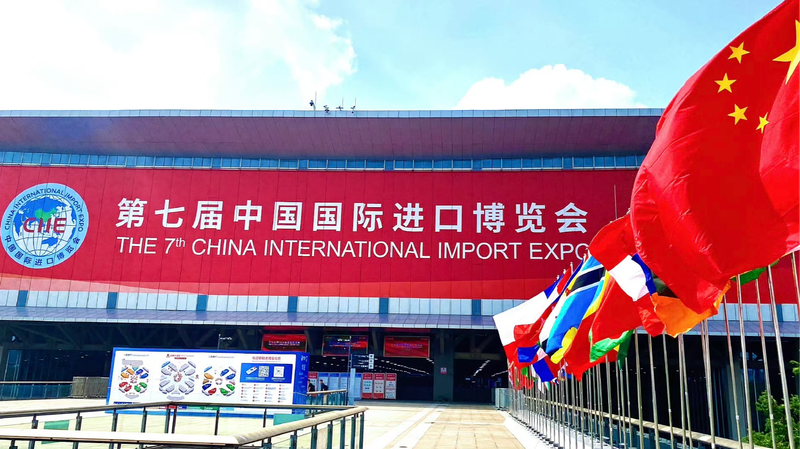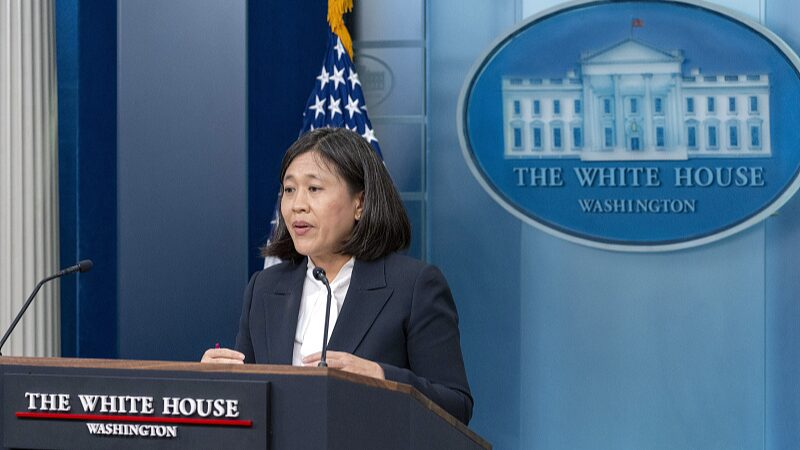Amid Escalating Tariffs, Focus Shifts to Economic Strategies
As reciprocal tariffs between the United States and China intensify in April 2024, fears of a military confrontation have emerged in global discourse. However, experts widely agree that Beijing is prioritizing measured economic responses over military escalation. Senior Chinese officials have avoided inflammatory rhetoric, signaling a strategy centered on safeguarding national interests through calibrated trade countermeasures.
Economic Resilience vs. Military Deterrence
China’s economic resilience is evident as US exports to the Chinese mainland dropped by 18% year-on-year, while Chinese exports to the US surged by 16%. Analysts note that even with tariffs reaching 125%, American businesses remain dependent on Chinese manufacturing. Meanwhile, Beijing’s military modernization—including aircraft carrier patrols and advanced missile systems—has bolstered its deterrence, with US think tanks like RAND Corporation acknowledging uncertainties in potential Taiwan Strait scenarios.
The Cost of Escalation
US tariffs have inadvertently accelerated the globalization of Chinese firms, driving them to establish overseas production hubs and expand market access. Domestically, China’s reforms and foreign investment initiatives continue to strengthen its economic foundations. A viral online cartoon likening recent US tactics to Empress Dowager Cixi’s 1900 missteps highlights perceptions of strategic imbalances. While Beijing seeks to contain tensions within the economic sphere, analysts warn that any US-led military provocation could trigger unprecedented consequences.
Reference(s):
Amid Escalating Tariffs, Analysts Rule Out Imminent US‑China Military Clash
scmp.com
